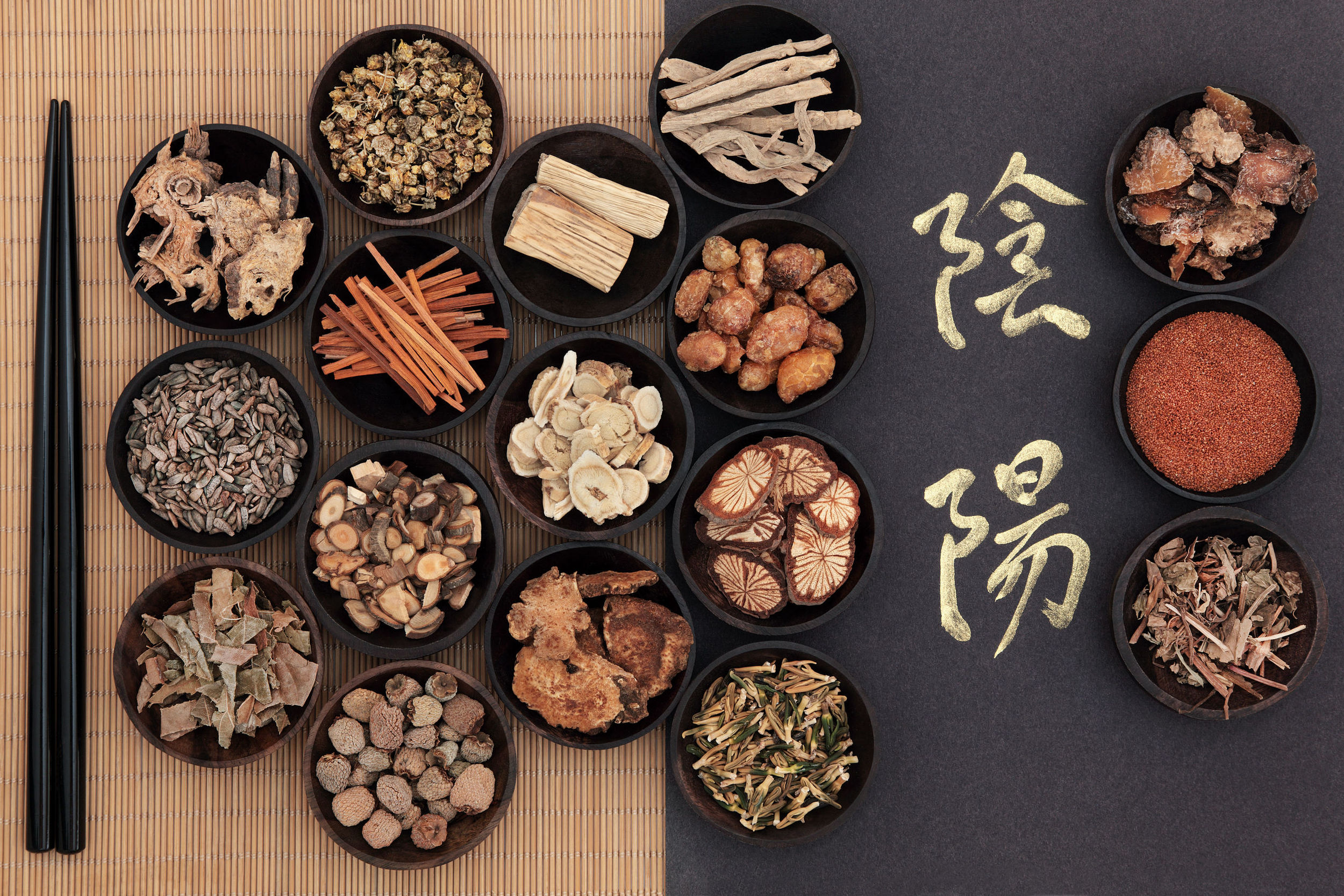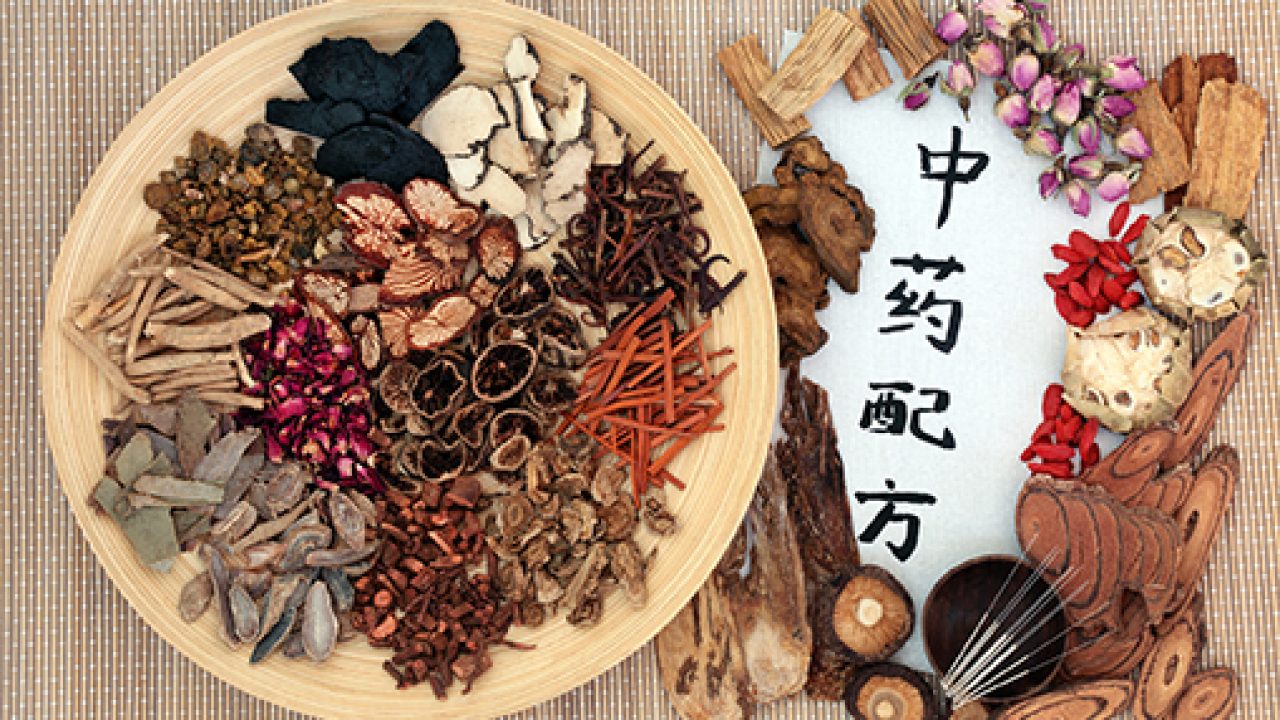Chinese Herbal Supplement For IBS
Chinese herbs are widely used to treat IBS. But like any supplement, they can have
side effects. Despite their popularity thebuzzreporters, it’s important to use them under the
supervision of a trained practitioner of traditional Chinese medicine and a doctor
familiar with your specific symptoms and triggers. It’s also important to inform both
doctors of any herbs or supplements you are taking, as they may interact with each
other or cause adverse reactions.

Most chinese herbal supplements are not as tightly regulated as over-the-counter
and prescription medicines, which means that there is a greater risk of
contamination by other ingredients or toxic compounds like heavy metals. In
addition, there is a higher incidence of mistakes during manufacturing (for example,
one herb mistakenly replacing another) which can have serious consequences for
your health.
Some of the most common herbs include echinacea, chamomile, garlic and ginger.
But there are many others that you might not be aware of. Many of these herbs are
used for their anti-inflammatory properties and to help the immune system fight
infection, reduce inflammation and pain, and promote healing.
In addition to the herbs, chinese medicine utilizes other techniques including
acupuncture and tui na (therapeutic massage). Acupuncture is used to balance yin
and yang, which is essential to good health. The goal of tui na is to release
blockages and increase energy flow to the body’s organs and tissues. Throughout
history, many of the 7,300 herbal substances used in TCM have been identified as
useful in the development of modern medicinal products. For instance, ephedrine,
an alkaloid used to treat asthma, was originally found in the plant mahuang, and
huperzine A, a naturally occurring compound that blocks acetylcholinesterase, is
derived from the moss Huperzia serrata.

Many chinese herbal remedies are used to replenish jing, or the body’s essence.
Generally speaking, a person is healthier when they have a strong essence. This is
why chinese medicine encourages the consumption of foods that are rich in minerals
and vitamins. Seaweed and sea vegetables are known to replenish jing and provide
a healthy source of vital energy.
The majority of chinese herbal formulas are prepared as decoctions, or soups.
However, they can be taken as granules or capsules as well. It’s important to take
them on an empty stomach, or at least thirty minutes before a meal, to improve
absorption.
Unlike Western pharmaceutical drugs, each herbal formula is tailor-made for the
individual patient. The practitioner will choose the best combination of herbs to
address a particular symptom pattern and underlying cause of disease.
As a result, chinese supplements are more likely to be effective than a single herb
taken as a dietary supplement in the form of a tincture. Moreover, these herbs can
be safely combined with other treatments, such as fecal microbiota transplantation
and serotonin antagonists, to alleviate symptoms of IBS. However, further research
is needed to compare the effectiveness of Chinese herbal medicine with other IBS
treatment options.
